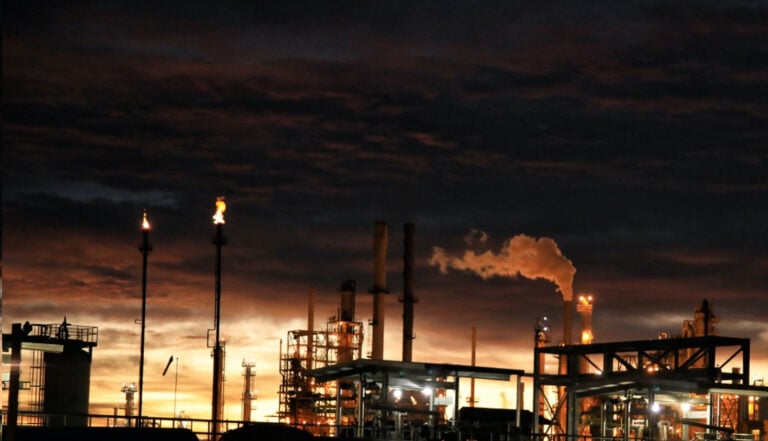
A recurrent issue linked to the exploitation of natural resources is related to the potential gains they generate for the country and for communities affected by extractive operations. Exploitation exposes communities to strong negative externalities often characterized by environmental degradation, loss of ecosystems, impoverishment of socioeconomic conditions, and conflicts. In this context, the government has systematically defined since 2013, through the State Budget Law (LOE), the percentage of 2,75% that is levied on the production tax to be transferred to communities that host extractive projects.
This study analyzed the dynamics of determining, channeling and allocating transfers from the 2,75% of revenue from the mining and oil production tax to communities and its consequences on local development and concluded that the current process of revenue sharing in Mozambique is not transparent both in terms of determining the volume of revenue as well as in terms of managing funds in the district. The current model does not distinguish revenue transfers to communities (the 2,75%) from State Budget transfers to District Governments. This allows for project overlap and management corruption. In the current model, investments do not generate development for the beneficiary communities, but a potential to generate very deep and critical inequalities for social and political stability since resources are concentrated in exclusive communities in the district, placing the others communities adjacent to the district without any benefits from resource exploitation. In this sense, the study recommends:
- Change the current flow of transfers of revenue sharing with communities that is made via the State budget to a flow outside the State budget;
- Create an independent body for the management and execution of income from transfers to communities;
- Change the mechanisms for the allocation, management and determination of community development projects to promote greater transparency and effectiveness in the results of project implementation;
- Increase the percentage of the revenue sharing fee to 5,75% to include communities in the producing district not directly affected by extractive projects and currently excluded from the benefits of community transfers; and
- Consolidate transfer mechanisms for communities that allow reducing inequalities and conflict risks in districts producing natural resources.

